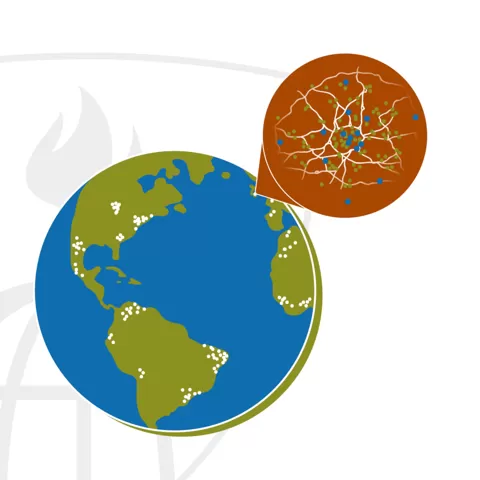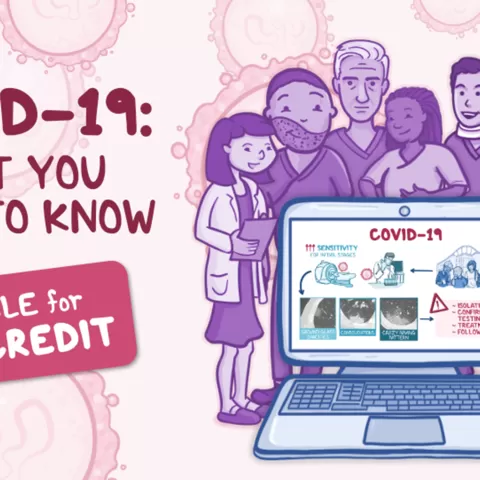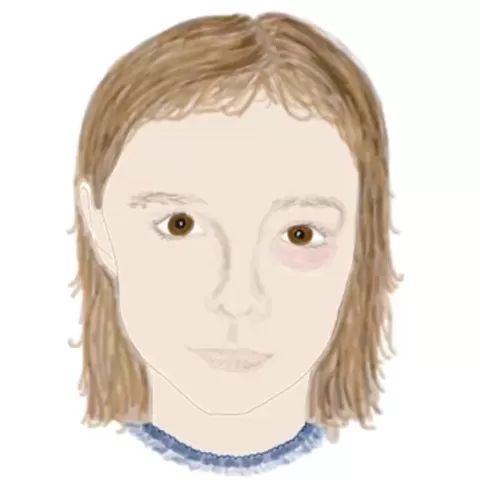We analyzed factors such as the rating (4.7/5) and the ratio between the number of reviews and the number of students, which is a great signal of student commitment.
✓ Be conversant in public health history, services, governance, and workforce.
✓ Perform numeric estimates to assess public health problems and evaluate the burden of a condition in a population
✓ Use data visualization as an epidemiological tool to describe risk factors
✓ Apply basic mapping skills and a tool for epidemiologic descion-making
There is no prerequisite, anyone can begin this course.. This course is also great for beginners without any Public Health knowledge.
This course is suitable for beginners.
Access to most course materials is FREE in audit mode on Coursera. If you wish to earn a certificate and access graded assignments, you must purchase the certificate experience during or after your audit.
If the course does not offer the audit option, you can still take a free 7-day trial.
Coursera offers a 7-day free trial for subscribers.
Aruna Chandran, MD, MPH has created 1 courses that got 777 reviews which are generally positive. Aruna Chandran, MD, MPH has taught 34,797 students and received a 4.79 average review out of 777 reviews. Depending on the information available, we think that Aruna Chandran, MD, MPH is an instructor that you can trust.
Department of Epidemiology, Johns Hopkins Bloomberg School of Public Health
Dr. Chandran is a social epidemiologist, interested in applying epidemiologic methods to address the influences of socioeconomic and place-based factors on health outcomes. Her interest is in applying epidemiologic methods to address health disparities and inequities through analyzing and understanding social determinants of health. She is involved in several multi-cohort consortium projects studying both HIV prevention/treatment as well as child health outcomes. She also coordinates several studies related to program implementation and evaluation in collaboration with the Baltimore City Health Department. Dr. Chandran has experience in coordinating and conducting surveillance studies, program evaluations, and clinical trials both in the US as well as in numerous low and middle income countries. Her topical areas of study have included child injury and violence prevention, HIV and other infectious disease surveillance and monitoring, as well as vaccines and nutritional interventions for childhood upper and lower respiratory infections. As a pediatrician, Dr. Chandran’s clinical practice has centered around childhood emergency and urgent care. She is involved in teaching introductory epidemiology courses both at the School of Public Health and the School of Medicine. Dr. Chandran previously served for two years as the Chief of Epidemiologic Services at the Baltimore City Health Department.





